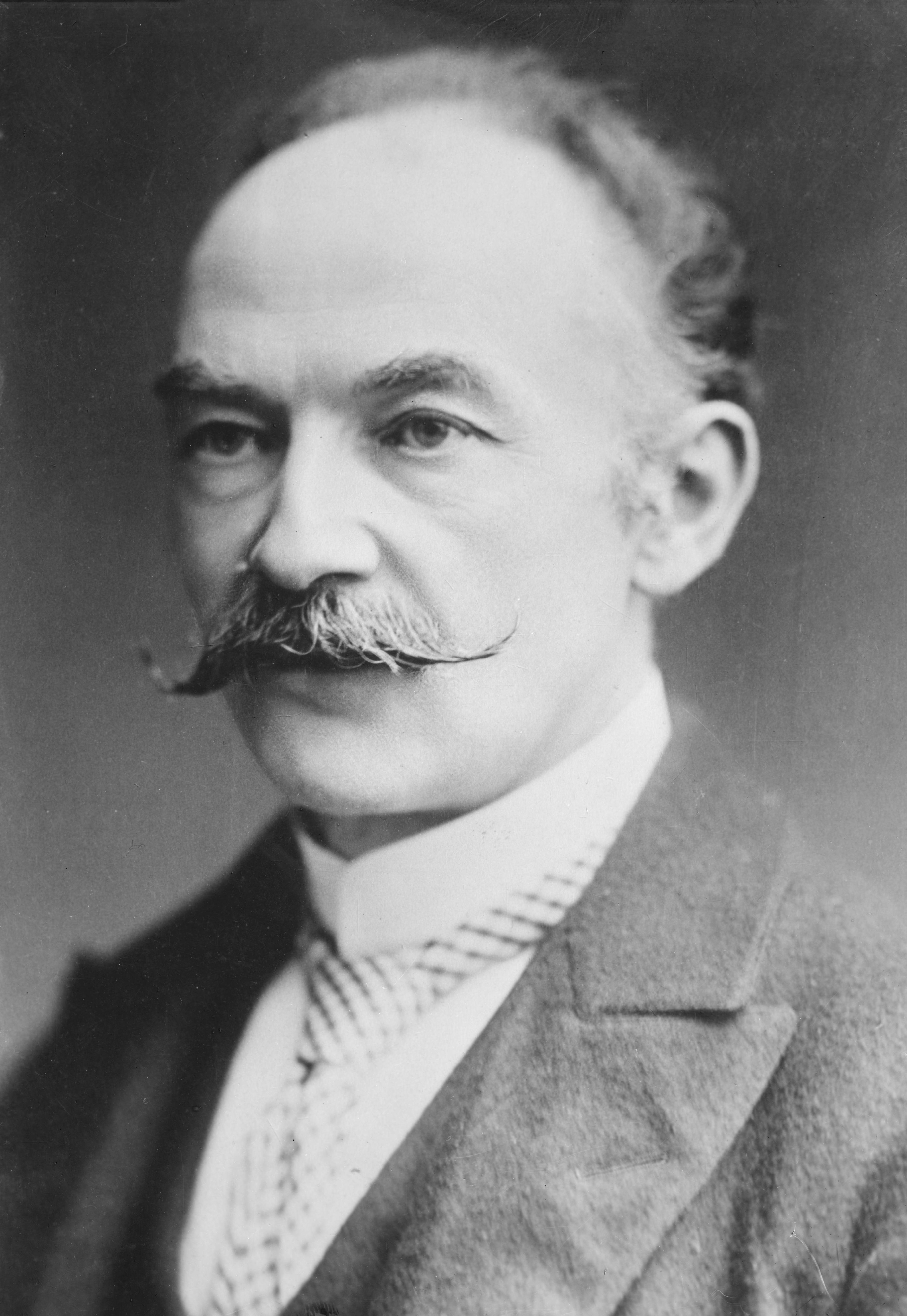Thomas Hardy frasi celebri
“Un romanzo è una impressione, non un argomento.”
Tess of the D'Urbervilles
Variante: Mi sia concesso ripetere che un romanzo è un'impressione, non un'argomentazione.
II; p. 67
Intrusi nella notte
Frasi sulla natura di Thomas Hardy
Origine: Da Il Barone von Xanten, in Intrusi nella notte ed altri racconti, a cura di Laura Serra, Mondadori, Milano, 1997, p. 175. ISBN 978-88-04-40735-5
Tess of the D'Urbervilles
Tess of the D'Urbervilles
Thomas Hardy Frasi e Citazioni
“I suoi impulsi erano guide più piacevoli che non il suo discernimento.”
libro Via dalla pazza folla
Jude the Obscure
“Il silenzio di quell'uomo è magnifico da ascoltare.”
Origine: Da Sotto l'albero del verde bosco.
I; pp. 96-97
La brughiera
XI; 1996, p. 107
Tess dei d'Urberville
XIV; 1996, p. 131
Tess dei d'Urberville
Pietro Citati
Tess dei d'Urberville, Citazioni sul libro
The Woodlanders
Far from the Madding Crowd
Angel Clare: XXXI; 2010, pp. 217-218
Tess dei d'Urberville
“Comunque è sempre una bella cosa essere imparentati con le carrozze anche se non ci si può salire.”
Joan Durbeyfield: IV; 2010, p. 44
Tess dei d'Urberville
Thomas Hardy: Frasi in inglese
phase the Sixth: The Convert, ch. XLVI
Tess of the d'Urbervilles (1891)
“To find beauty in ugliness is the province of the poet.”
Statement (5 August 1888), as quoted in The life of Thomas Hardy 1840-1928 (1962) by Florence Emily Hardy
And each one hears,
And consummation comes, and jars two hemispheres.</p>
"The Convergence of the Twain (Lines on the loss of the Titanic), lines 22-33
Desperate Remedies (1871), vol. 2, ch. 4
“Work hard and be poor, do nothing and get more.”
The Hand of Ethelberta (1876), ch. 1
“The main object of religion is not to get a man into heaven, but to get heaven into him.”
<p>This quote can be traced to two authors, in books published within the same year:</p><p>1) Rev. Edward John Hardy, known as E.J. Hardy (1849-1920), How to Be Happy Though Civil: A Book on Manners (New York, Scribners, 1909), ch. VI: A Christian Gentleman;
2) John Lubbock, 1st Baron Avebury, Peace and Happiness (Macmillan, 1909), ch. XV: Religion</p>
Misattributed
“Ah, no; the years, the years;
Down their carved names the raindrop plows.”
" During Wind and Rain http://www.cs.rice.edu/~ssiyer/minstrels/poems/96.html", lines 27-28, from Moments of Vision (1917)
Quoted in The Later Years of Thomas Hardy (1930), by Florence Emily Hardy, ch. 17, p. 212
“How bewitched I was! How could there be any good in a woman that everybody spoke ill of?”
Bk. V, ch. 3
The Return of the Native (1878)
Origine: " The Voice http://www.portablepoetry.com/poems/thomas_hardy/the_voice.html" (1912), lines 1-4, from Satires of Circumstance (1914)
“Of course poets have morals and manners of their own, and custom is no argument with them.”
The Hand of Ethelberta (1876), ch. 2
Phase the Second: Maiden No More, ch. XIII
Tess of the d'Urbervilles (1891)
“Ah," she said to herself, "want of an object to live for—that's all is the matter with me!”
Bk. II, ch. 4
The Return of the Native (1878)
Phase the Third: The Rally, ch. XX
Tess of the d'Urbervilles (1891)
“Patience, that blending of moral courage with physical timidity.”
Phase the Fifth: The Woman Pays, ch. XLIII
Tess of the d'Urbervilles (1891)
" The Ghost of the Past http://www.poetryconnection.net/poets/Thomas_Hardy/2715", lines 1-4, from Satires of Circumstance (1914)
" Afterwards http://www.web-books.com/Classics/Poetry/Anthology/Hardy/Afterwards.htm", lines 1-4, from Moments of Vision (1917)
“Aggressive Fancy working spells
Upon a mind o’erwrought.”
Pt. I, sc. vi, Napoleon
The Dynasts (1904–1908)
“See what deceits love sows in honest minds!”
Two on a Tower (1882), vol 2, ch. 1 (Viviette Constantine speaking to Swithin St Cleeve)
“Good, but not religious-good.”
Under the Greenwood Tree (1872), ch. 2
